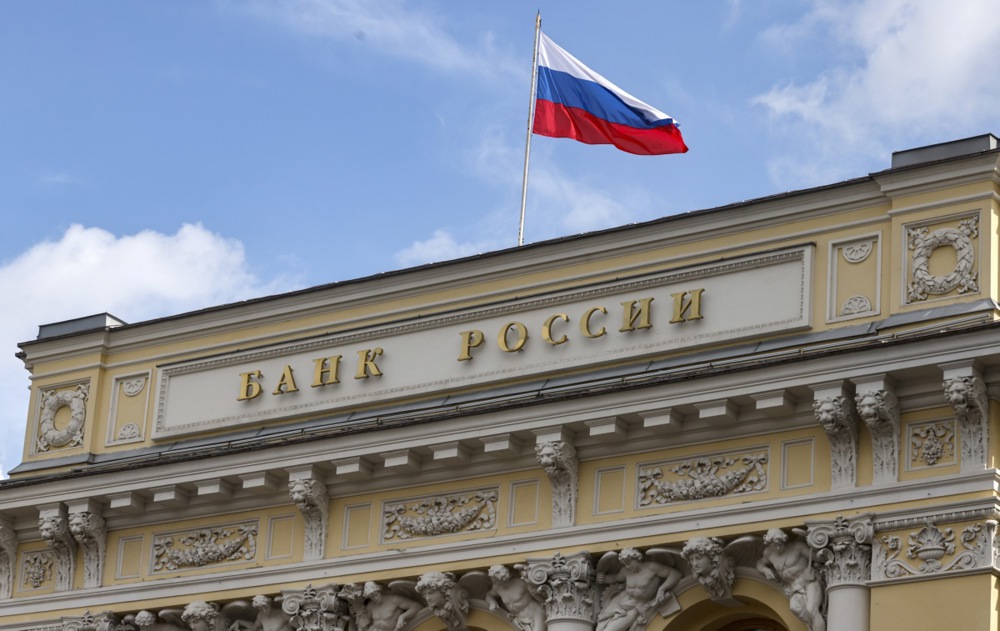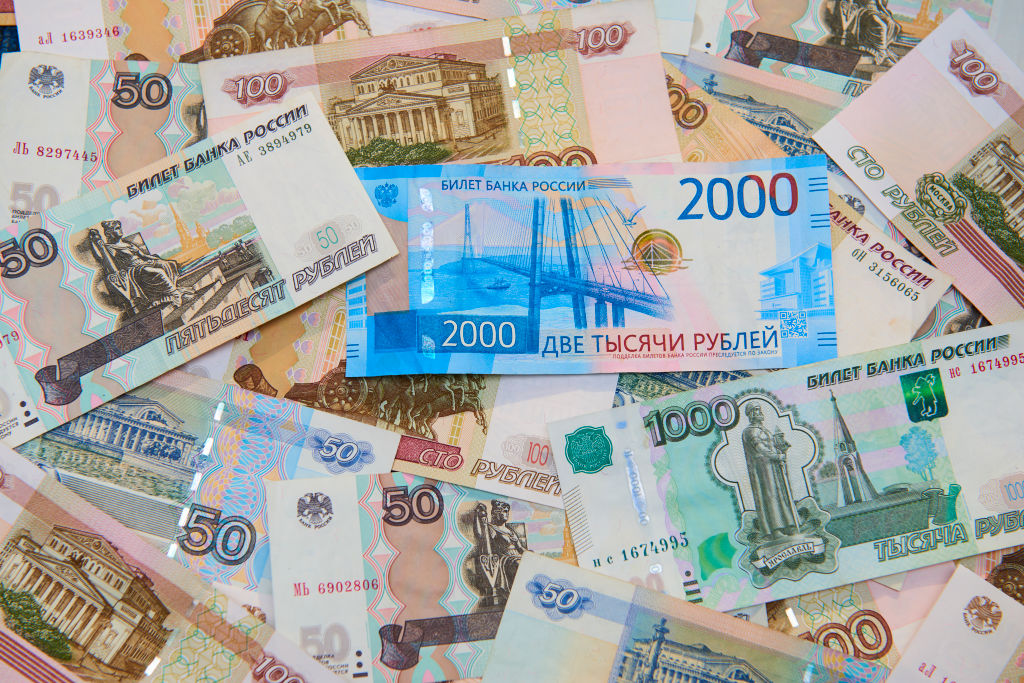The Dutch economy has contracted for the second quarter in a row, meaning the country is officially in recession.
The Netherlands’s statistics bureau data shows that in the second quarter of 2023, the economy shrank by 0.3 per cent after declining 0.4 per cent in the first quarter.
Dutch consumers seem to be increasingly frugal, as the contraction in the second quarter was mainly due to a fall in the trade balance and in household consumption.
The export of goods and services combined decreased by 0.7 per cent compared to the first quarter of 2023, although the export of services alone grew. The import of goods and services increased by 0.5 per cent. As a result, the trade balance contributed the most to the contraction in the second quarter.
Household consumption also fell, by 1.6 per cent. Investments in fixed assets rose by 1.3 per cent in the second quarter compared to the first. This increase can be attributed to, among other factors, higher investment in vehicles and machinery. Investment in housing slid. Overall government consumption grew by 0.7 per cent.
In more than half of Dutch industries, value-added (the difference between industrial input and output) fell in the second quarter of 2023. The trade, catering, transport and storage sectors represented the largest negative effect on economic growth. The value added of energy companies increased the most.
Peter Hein van Mulligen, an economist with the Dutch statistics bureau, insisted that the country’s economic situation is not especially problematic. “This is not a severe recession, this is a very different crisis from that of 2008,” he said.
“Not all recessions are the same. We are not in a situation where masses of companies are collapsing and people are losing their jobs en masse. You have to think of it as a mild cold. The patient is not very sick.”
He said he felt there might be positive effects on the economy overall, as labour market tightness might ease.
The Dutch Government has been spending heavily on issues such as climate change, the fight against nitrogen in fertilisers, the buying out of farmers and measures around accepting high numbers of migrants among other controversial policies.
Nevertheless, the current fragile economic situation makes it difficult for the government to raise taxes to help fund such issues.
The country is not alone in its woes, as the European economy overall has been in a technical recession after the Eurozone also suffered two consecutive quarters of decline, underlining the impact of the loss of Russian natural gas and high inflation on consumer spending.
For instance Germany, often considered the engine of European prosperity, saw its economy shrink for two consecutive quarters, followed by a quarter of zero growth.
On the bright side, unemployment figures and European labour markets have held up to recent economic shocks with Belgium and the UK seeing them rise 0.2 per cent and France 0.5 per cent.
In addition, on average, economic growth in the European Union in the second quarter remained unchanged from the same period last year.





